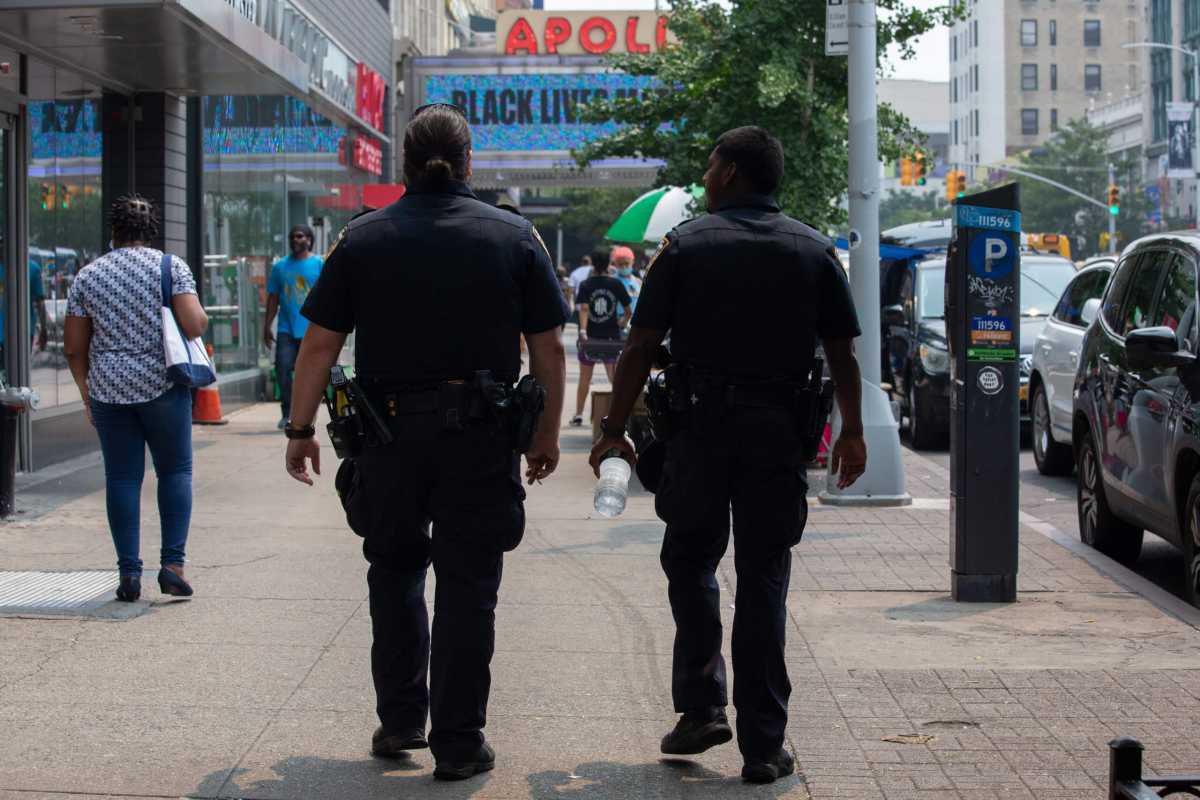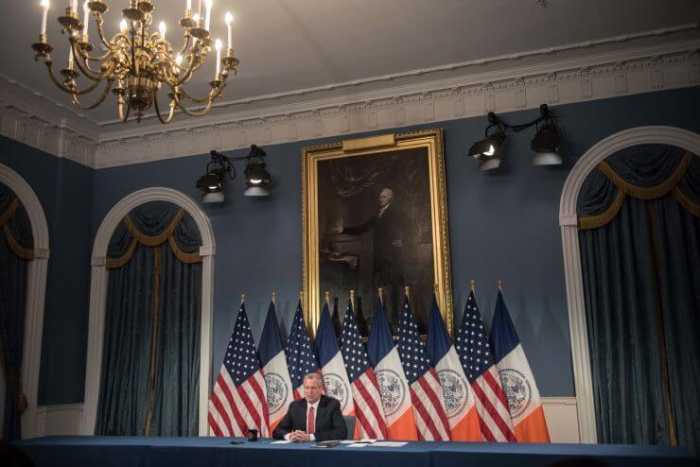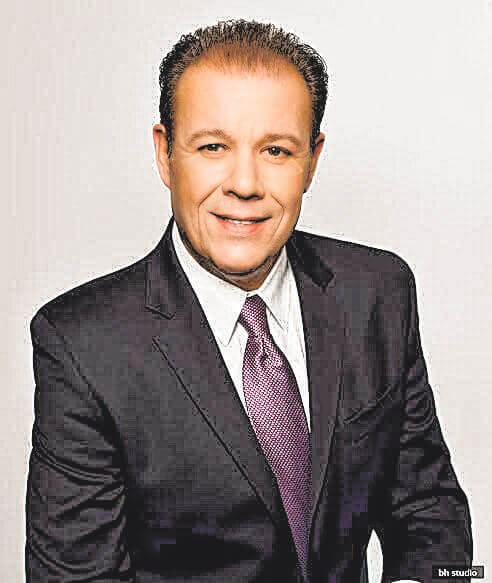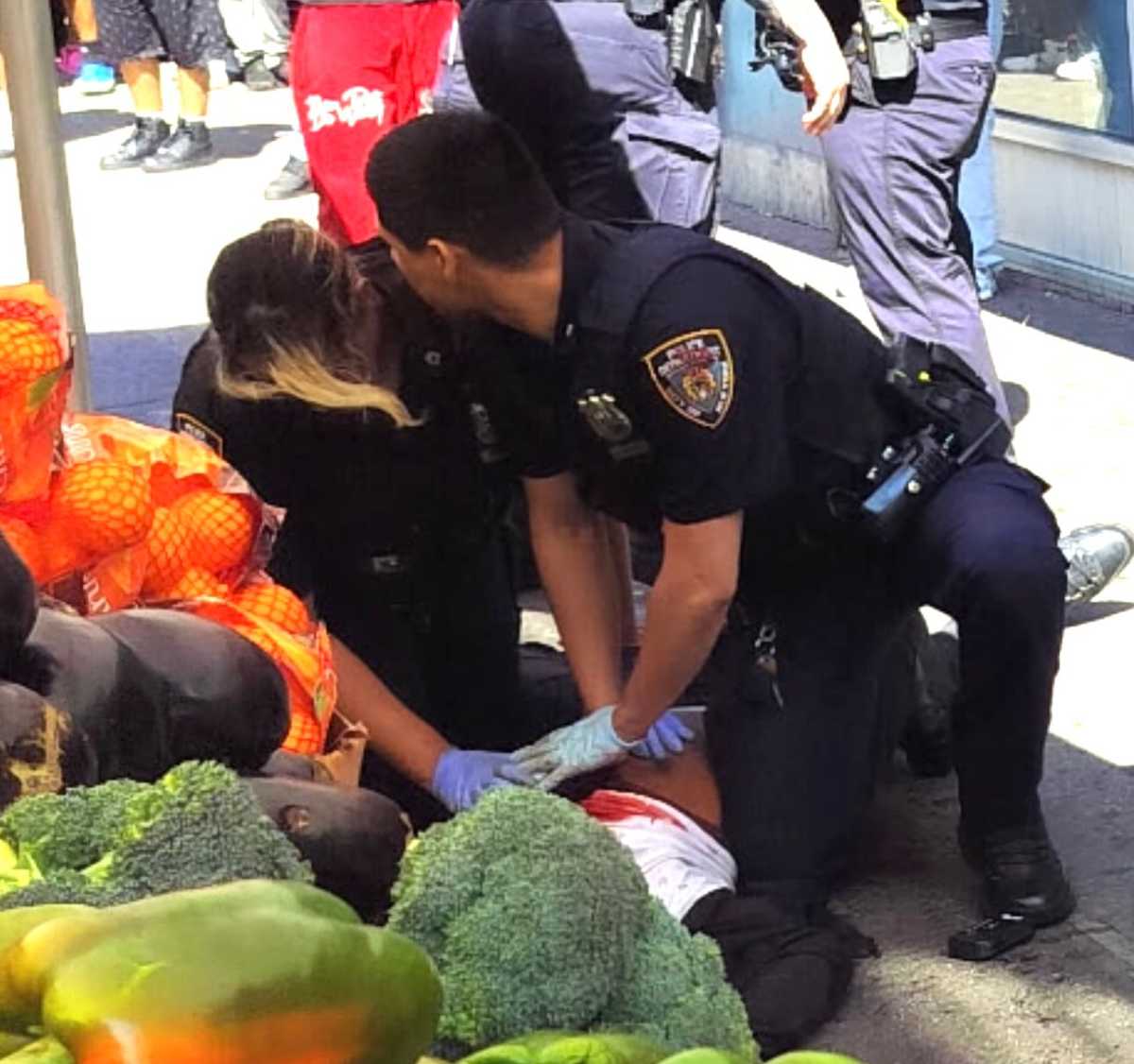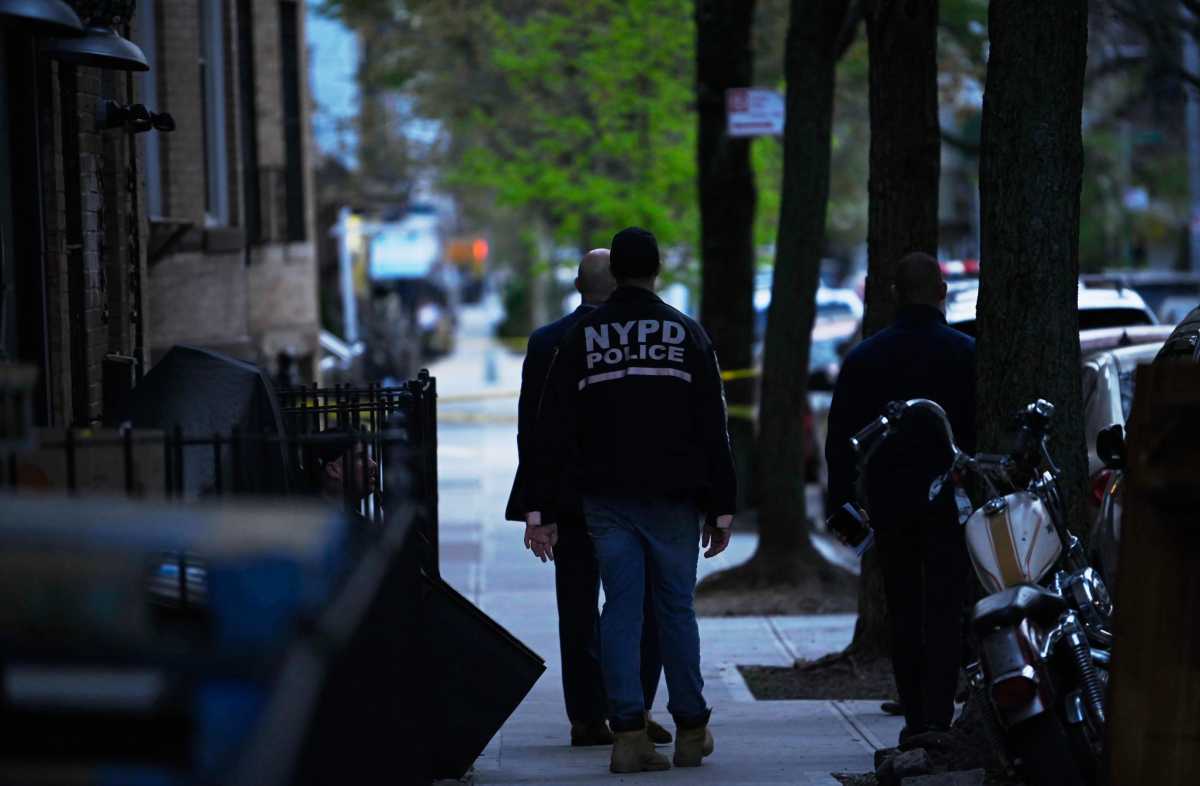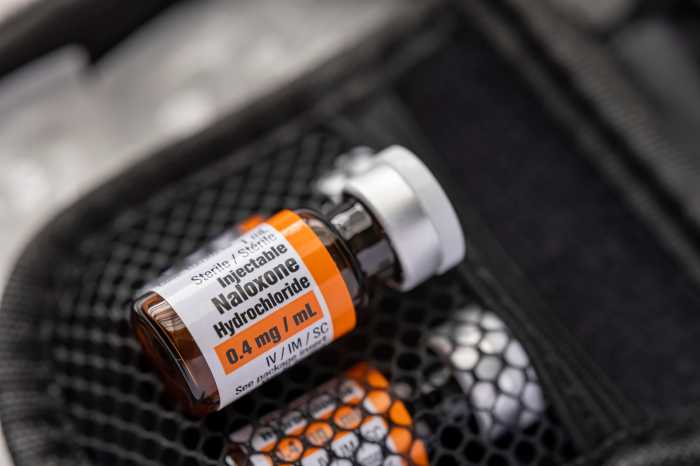This article was originally published on by THE CITY
The Civilian Complaint Review Board would gain power to initiate its own investigations under a measure the mayor first proposed while running for public advocate over a decade ago.
The board charged with investigating allegations of NYPD officer misconduct would be able to launch its own probes under new City Council legislation — bolstering the watchdog’s power to police the police.
Currently, the Civilian Complaint Review Board can only initiate investigations that come from complaints, typically filed by victims or witnesses.
The board has long been empowered to pursue complaints of excessive force, abuse of authority, discourtesy and offensive language. Starting this year, its purview includes reports of sexual misconduct and false official statements by officers.
The measure, introduced by Council Public Safety Chair Adrienne Adams (D-Queens) at the request of Mayor Bill de Blasio, is slated for a public hearing on Monday.
It could be among the flurry of bills that typically get passed at the end of a four-year Council session, the latest of which ends Dec. 31 with the departure of about two-thirds of members.
Said Adams: “This is an important and long overdue change in the CCRB’s authority.”
‘One Step Closer’
If passed, the measure would join a number of changes instituted in recent years to empower the CCRB, which reformers have argued lacks the teeth needed to ensure meaningful accountability at the NYPD.
The board’s chair, Fred Davie, said the legislation would shift the burden of filing complaints away from victims and others who aren’t always in a position to pursue justice.
“If the CCRB is aware of misconduct, it should not go ignored because a victim does not have the capacity to file a complaint,” he said in a statement. “All misconduct should be addressed, and this bill will bring us one step closer.”

Andrew Case, a former spokesperson for the CCRB under former Mayor Michael Bloomberg, said the legislation amounts to a seemingly small but important boost to the board’s powers.
“I think this will generate relatively few cases, but they will be important because they often involve media or social media coverage,” said Case, now senior counsel for LatinoJustice, alluding to widely viewed bodycam or cellphone videos of police interactions.
“The agency receives unwarranted criticism for failing to address these cases, and this bill would remove an unnecessary hurdle.”
Victims might not file complaints because they’re unaware of the CCRB’s role in seeking police accountability. And some attorneys who specialize in police misconduct lawsuits say they don’t typically file a parallel complaint with the board — in part because any discrepancies in testimony could present risks to a court case.
De Blasio’s ‘Dinkins Plan’
Civilians lodged nearly 5,000 complaints with the CCRB in 2019, a number that dropped to 3,872 during the pandemic in 2020.
The decline came despite hundreds of complaints filed alleging an overly aggressive police response to the protests in late May and June that followed the police killing of George Floyd in Minneapolis.
The CCRB recently said it has substantiated complaints against 65 NYPD personnel for alleged misconduct during the protests, including 37 for whom the board is seeking the highest-level of discipline.
In his January 2021 State of the City Speech — the last of his eight-year run — Mayor Bill de Blasio announced a handful of reforms he said would strengthen the CCRB.
He named the group of proposals after his mentor, the late former mayor David Dinkins, who established the civilian oversight board in 1993 in its current form despite hostile opposition from some members of law enforcement.
De Blasio’s “David Dinkins” plan called for granting the board the power to investigate bias-based policing — something the City Council passed in March — and providing the CCRB with faster access to police body-worn camera footage from the NYPD.
Despite some modest improvements in access, a DOI report released last week found that the CCRB ultimately needs direct access to the footage to fulfill its mandate.
A Decade Effort
The mayor’s plan also called for a committee to review the NYPD patrol guide, in cases where apparent misconduct is identified but isn’t covered by the current patrol guide rules.
City Hall officials didn’t respond to a question seeking the status of that committee.
As for the proposal to allow the CCRB to initiate its own investigations, it derived from an eight-point plan de Blasio pitched when he successfully ran for public advocate — back in 2009.
In that proposal, then-Councilmember de Blasio called for setting the CCRB’s budget as a proportion of the NYPD’s personnel budget and granting the board the power to launch investigations on its own.
He referred to the CCRB at the time as “more of a lapdog than a watchdog.”

As public advocate, in 2010 de Blasio met with officials at the New York Civil Liberties Union to see how he could work with the civil rights group to implement his reform platform for the CCRB, despite the limited powers of his office.
In the two months following that meeting, he introduced two bills seeking to set a budget for the CCRB relative to the NYPD’s budget — but both bills died in committee.
‘Long Overdue’
One of the biggest reforms to the CCRB since then came in 2012, when the board was granted the ability to prosecute its own cases in front of administrative trial judges on the NYPD payroll. Previously, those cases had been prosecuted by NYPD lawyers.
But police commissioners have retained the power to mete out discipline as they see fit, including by overruling the recommendations of those judges.
A 2020 analysis by The New York Times found this setup has led to the rejection or downgrading of CCRB disciplinary recommendations in 71% of the cases where the board called for the most severe discipline.
In November 2019, voters approved a ballot measure that set the CCRB’s personnel budget in proportion to that of the NYPD, as de Blasio had proposed in his 2010 legislation.
It set the ratio in the city charter at 0.65%, or one CCRB staffer per 154 uniformed NYPD employees.
That ratio wasn’t reached until the June 2021 adopted budget, which allowed for 269 employees at the CCRB, according to the city’s Independent Budget Office. But as of August, the agency had 72 vacancies — putting the ratio at 0.56%, according to the IBO.
The mayor didn’t push for his other major 2009 reform proposal, granting the CCRB the power to self-initiate probes, until his second-to-last month in office.
Asked about the delay, City Hall officials didn’t respond other than calling the proposed reform “timely.”
But NYCLU senior policy counsel Michael Sisitzky said the measure was “long overdue.”
“There are countless reasons why complaints go unreported to the CCRB, and the CCRB has long struggled to conduct investigations against a current of indifference from City Hall or outright resistance from the NYPD,” he said.
“This strengthening of the CCRB’s independence is long overdue, and New Yorkers will be better protected and served for it.”
THE CITY is an independent, nonprofit news outlet dedicated to hard-hitting reporting that serves the people of New York.

